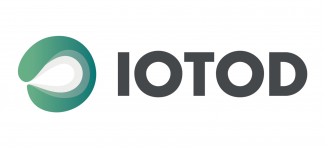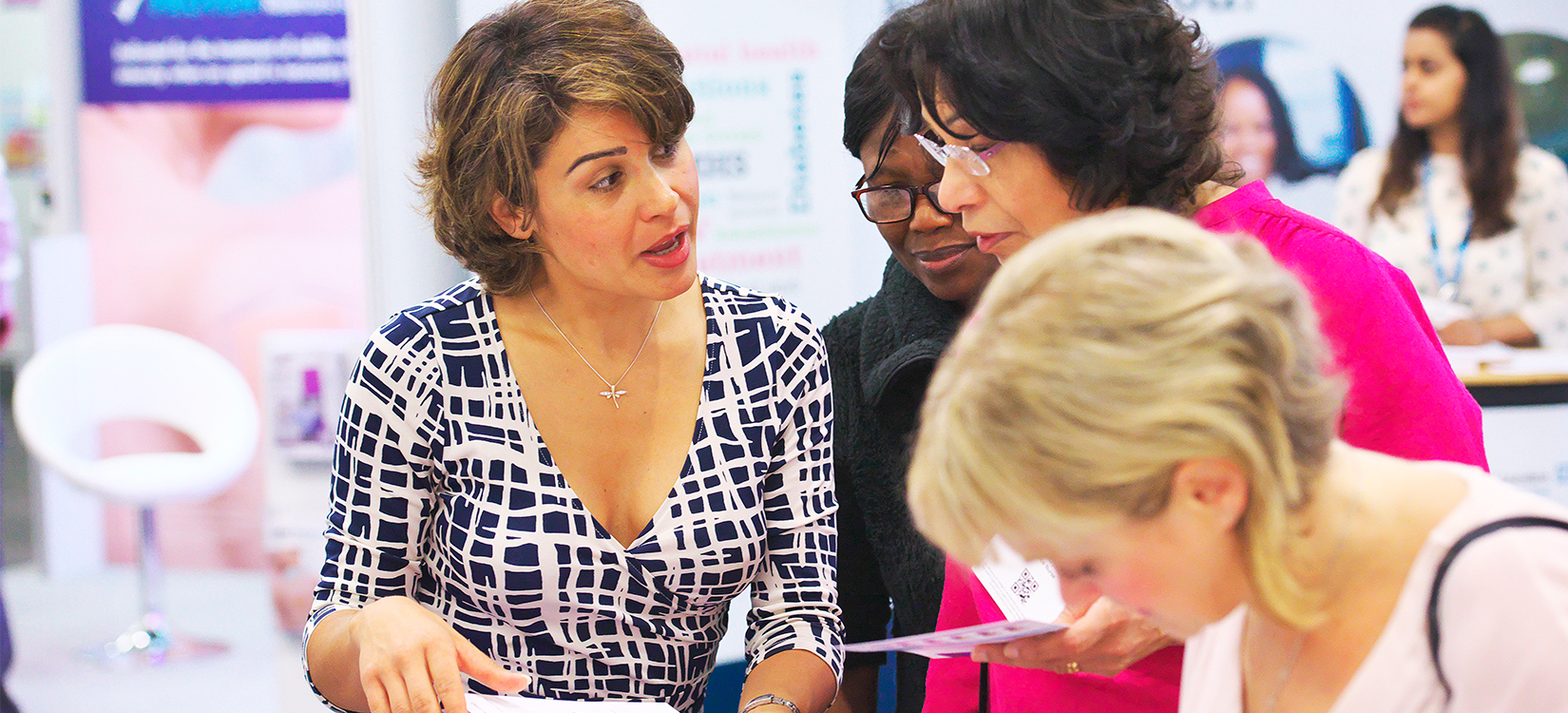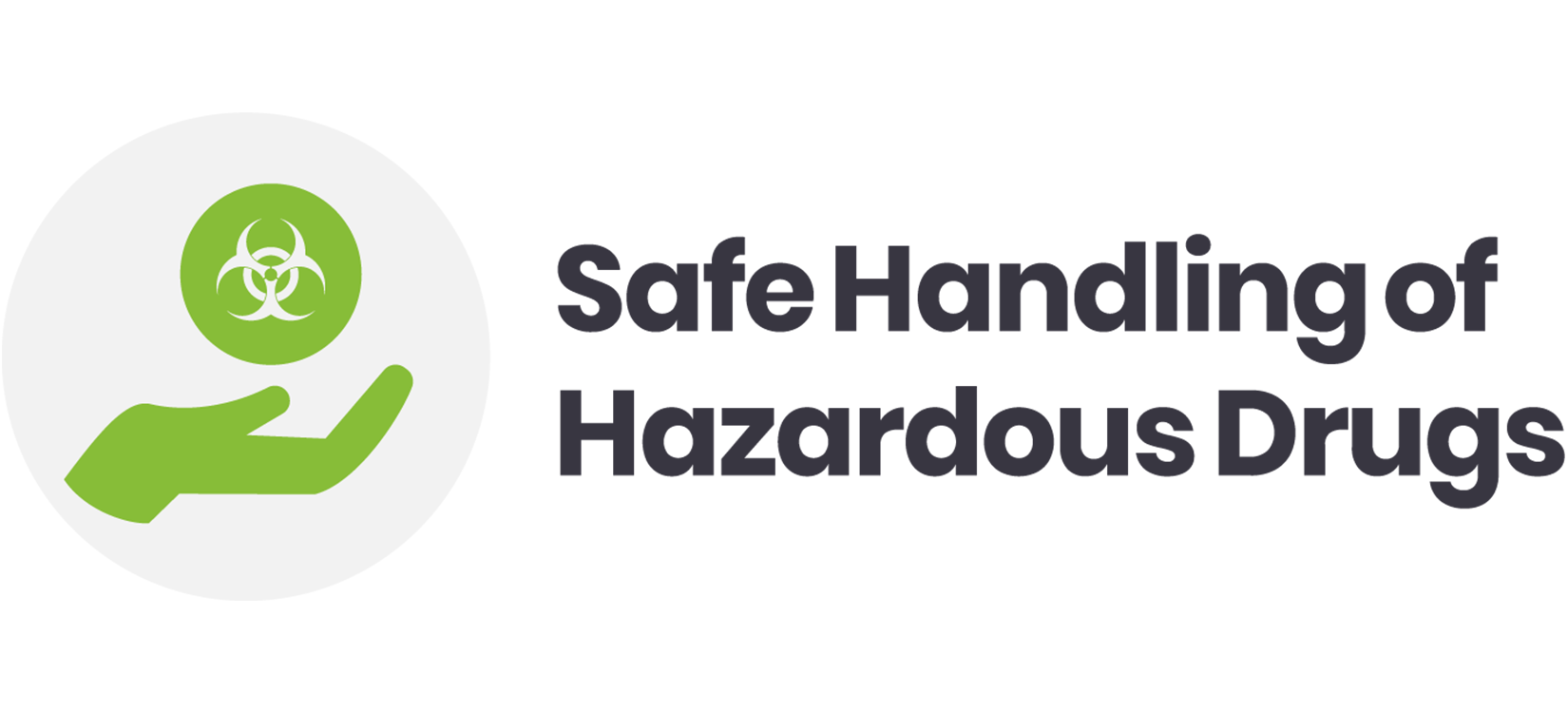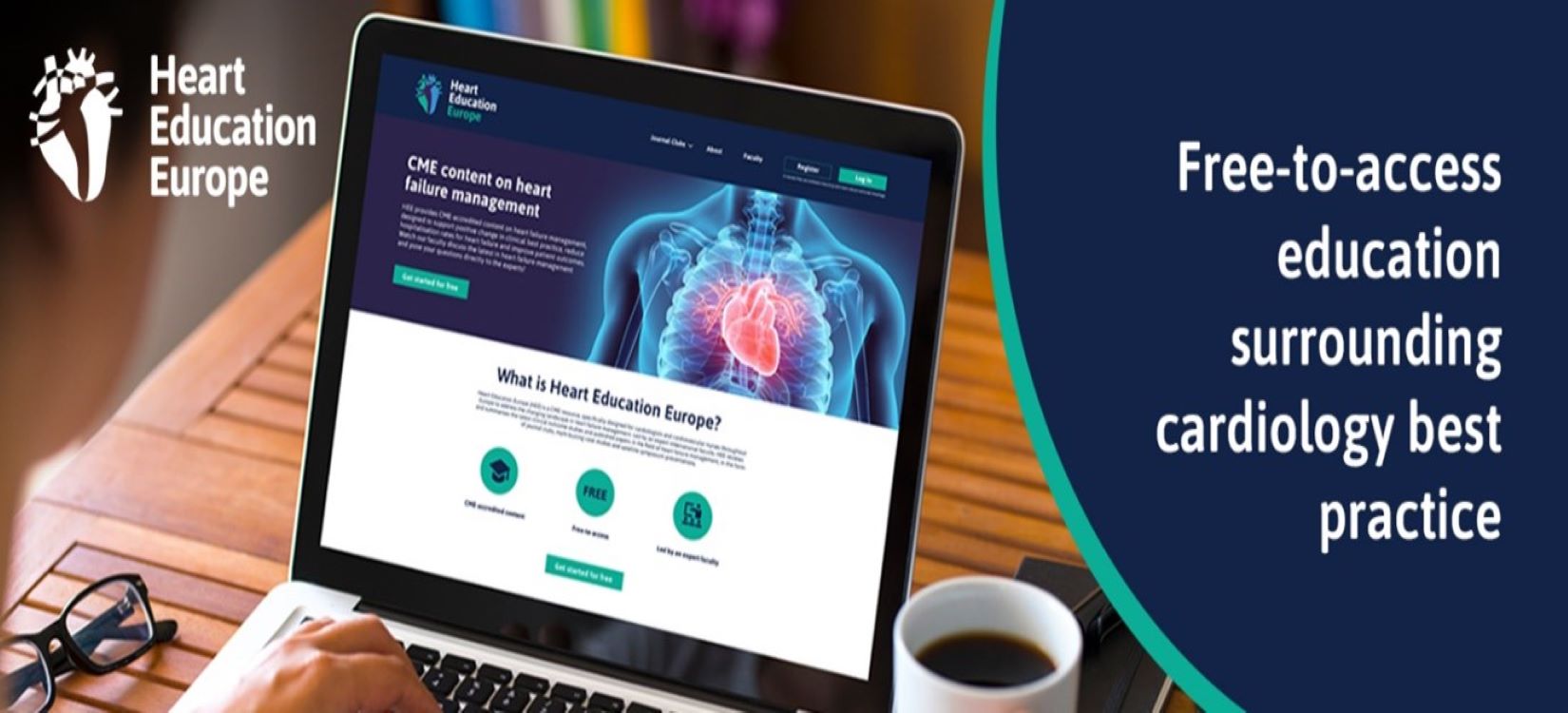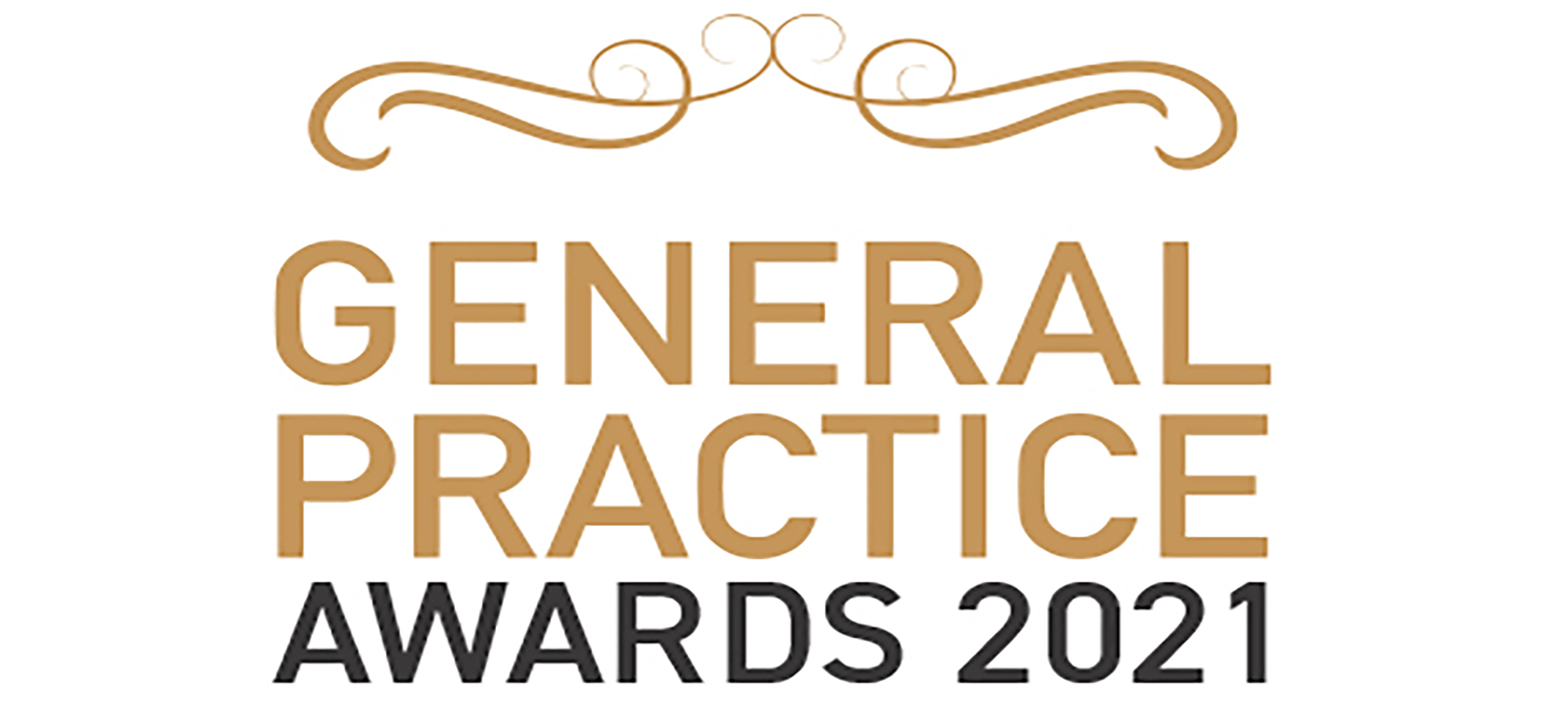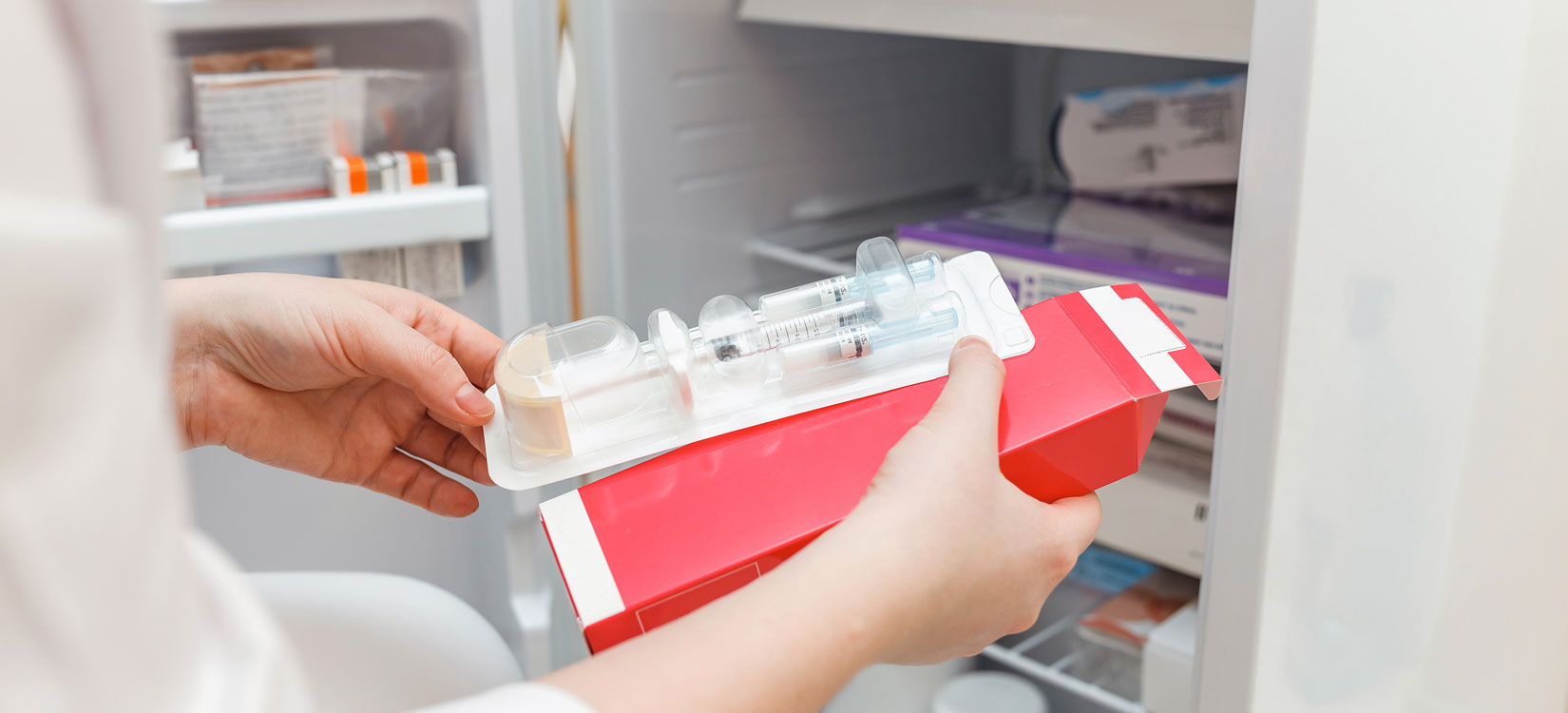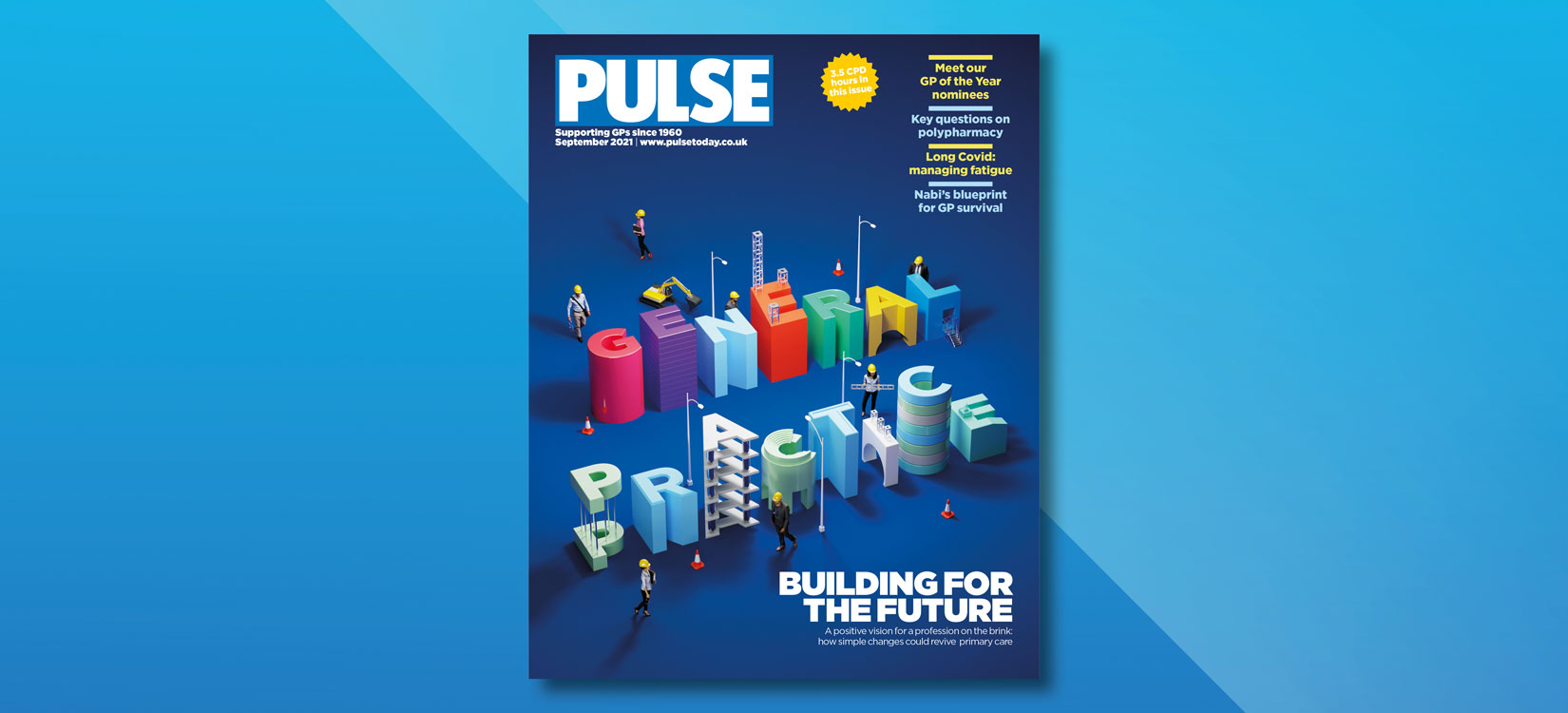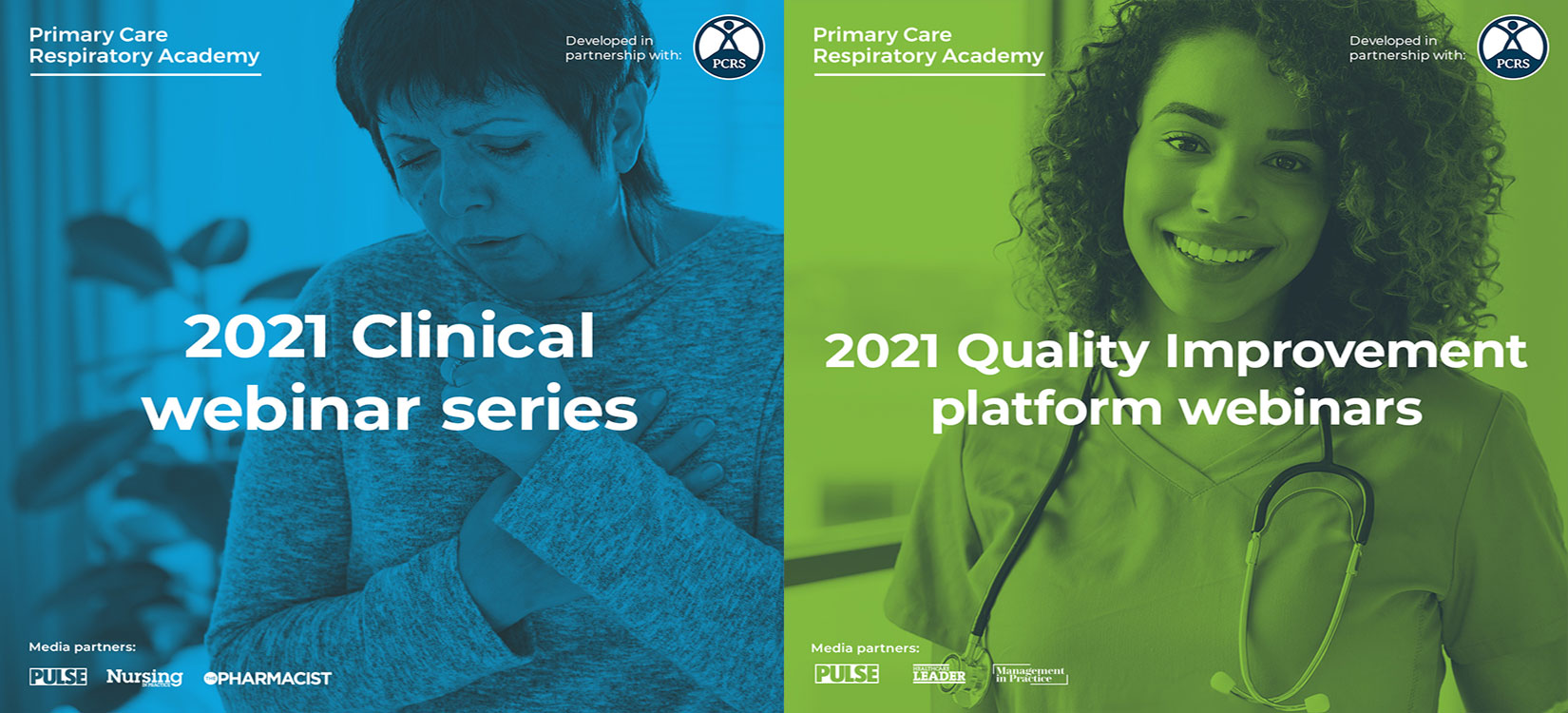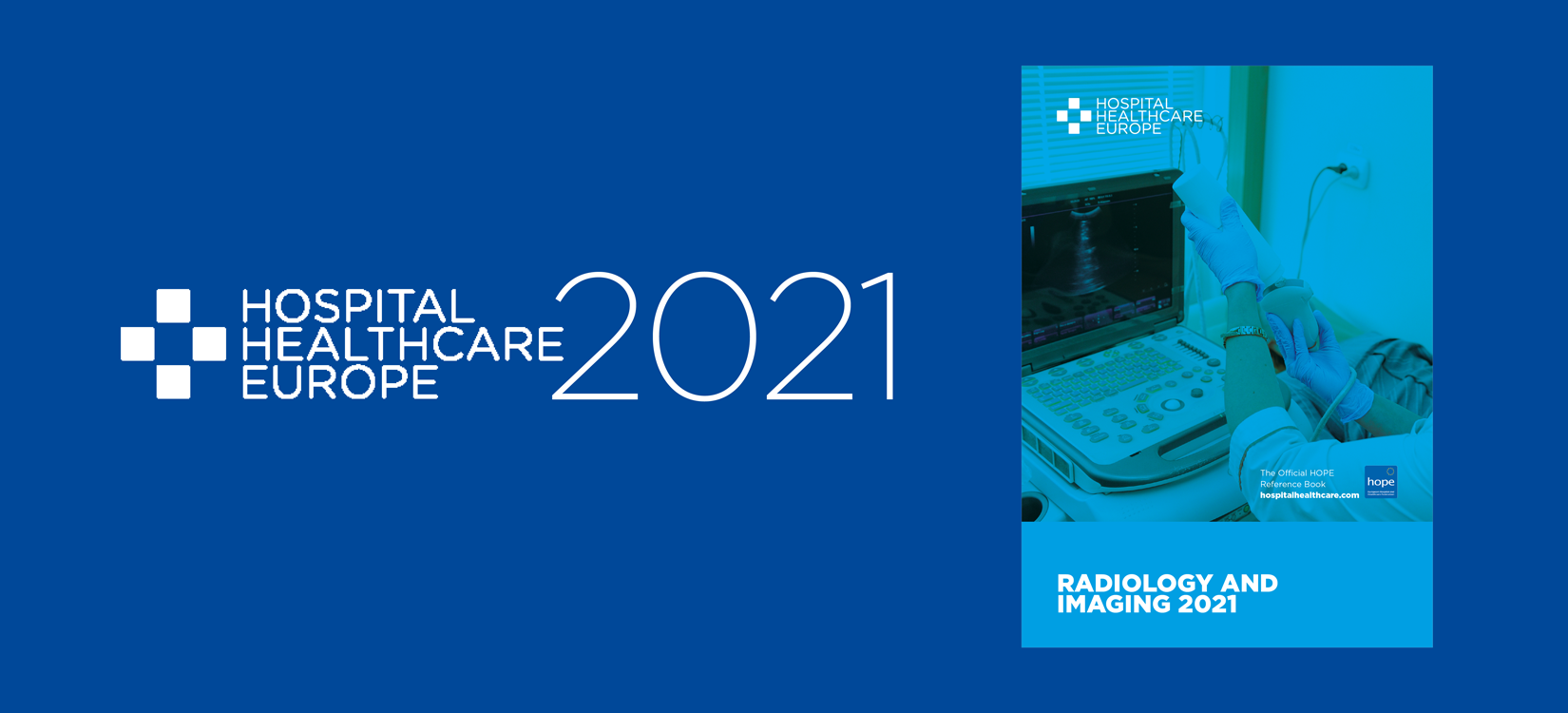This week the PCM Scientific team hosted the IOTOD Autumn webinar: ‘Transfer to long-acting buprenorphine from full opioid agonists in different dependent demographics: do’s, don’ts, and why does it matter?.’
This autumn educational session was led by US-based Dr Michael Frost and joined by Professor Michael Soyka who is based in Germany, where they discussed perspectives from both opioid-dependent treatment providers and patients surrounding use of long-acting buprenorphine (LAB) in different treatment scenarios and treatment journey stages.
Furthermore, to share best practice approaches for transferring patients from daily dose methadone or buprenorphine to LAB, potential transfer outcomes and next steps. Both speakers shared their own examples of their own personal patient stories and the impact this treatment has had on their patients. The webinar was a great success with 189 in attendance.
Accessing our community of healthcare professionals via our media brands Pulse, Nursing in Practice, The Pharmacist, Hospital Pharmacy Europe and Hospital Healthcare Europe, as well as the well-established IOTOD community, the webinar welcomed addiction specialists, psychiatrists, GPs, community pharmacists, primary care nurses and other healthcare professional managing patients with opioid dependence and associated comorbidities. The event concluded with a lively Q&A session.
The IOTOD webinar was supported by arms-length funding from Camurus and the archived version will soon be available on the IOTOD website. The summer webinar is also available now online.
